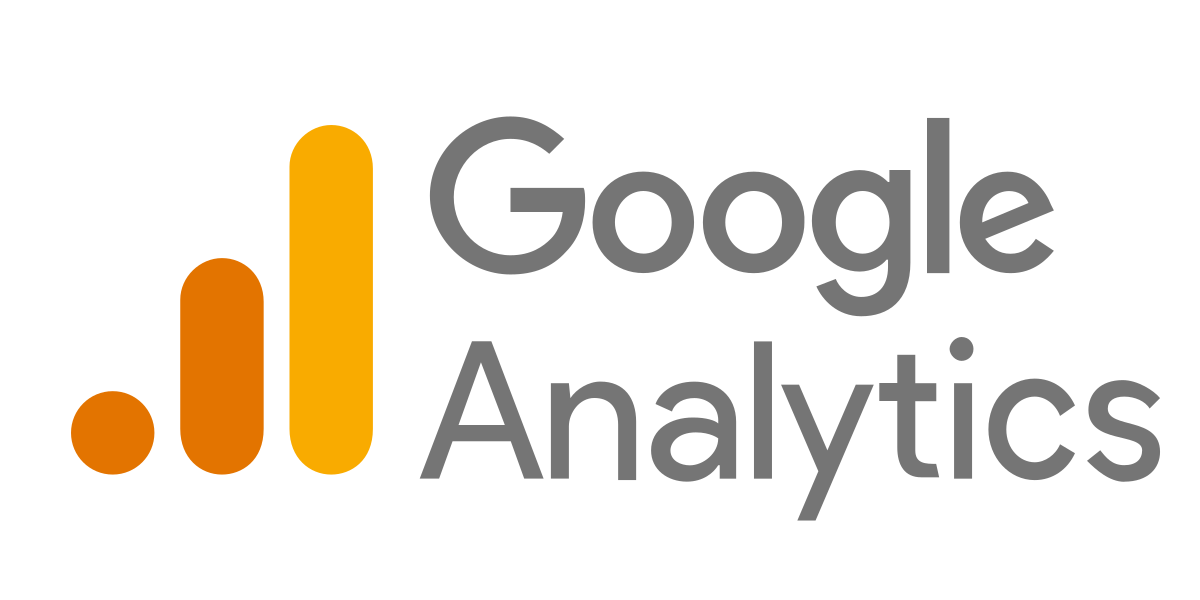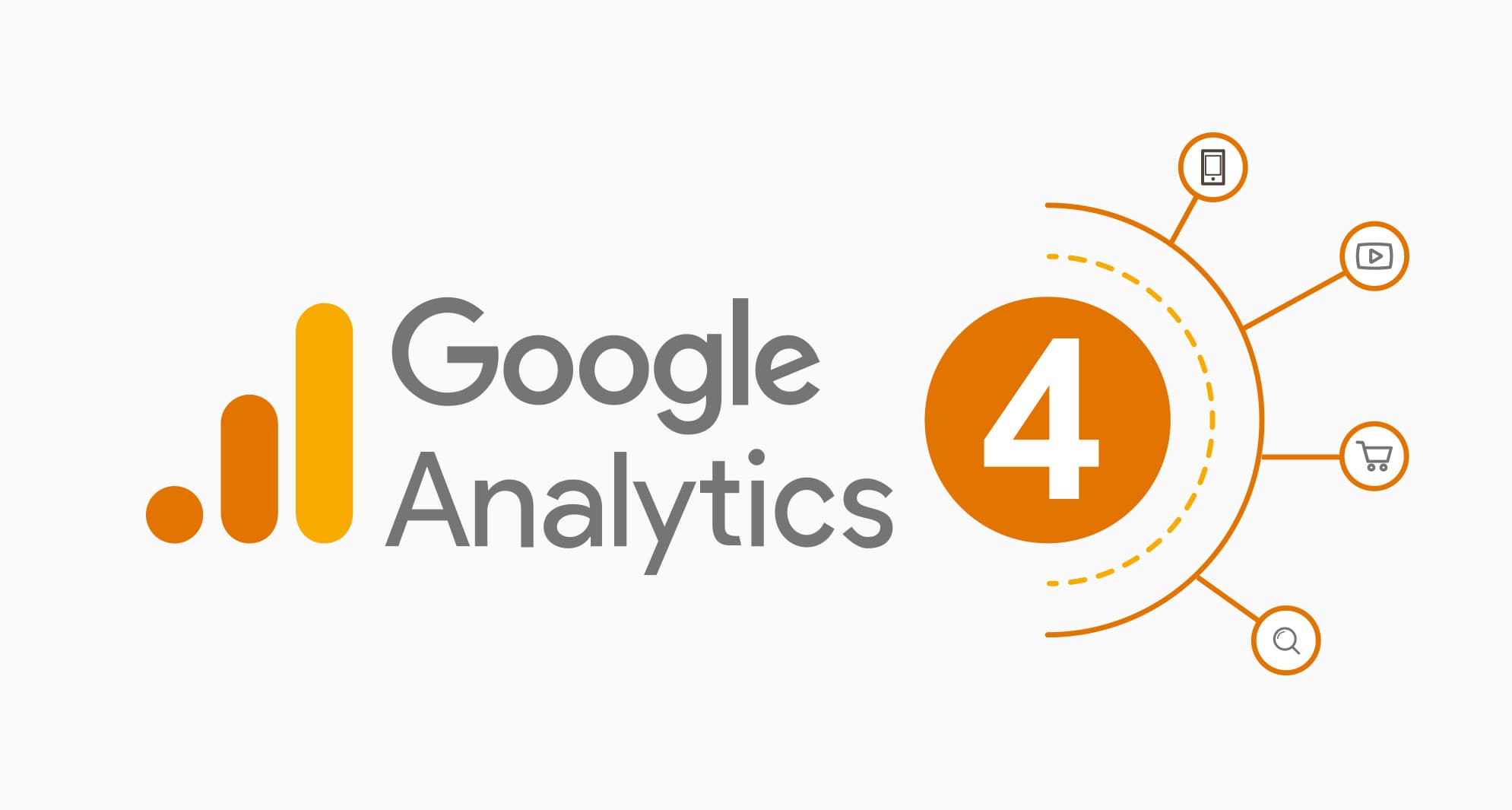Expert Tips on When Does the Google Analytics Tracking Code Send an Event Hit to Analytics for Enhanced Data Precision
Master Web Site Insights With Accurate Google Analytics Monitoring Code
The reliable usage of Google Analytics rests on the precise implementation of its tracking code, a basic action often forgotten by website proprietors. This relatively simple JavaScript snippet, when properly placed, becomes the foundation of information collection, giving understandings into user actions and internet site efficiency. Nevertheless, challenges can arise throughout arrangement, potentially skewing the data and leading to mistaken decisions. Comprehending these intricacies is essential for optimizing the benefits of analytics. What are the typical risks that could undermine your monitoring initiatives, and exactly how can you guarantee precision in your technique?
Comprehending Google Analytics Basics
Google Analytics is a crucial tool for website owners and online marketers, supplying vital insights right into customer behavior and web site efficiency. At its core, Google Analytics collects data concerning site visitors to a site, permitting users to evaluate metrics such as website traffic resources, user interaction, and conversion prices. Understanding these basics is vital for optimizing a site's efficiency and boosting user experience.
The platform utilizes cookies to track interactions, videotaping information such as web page sights, session durations, and bounce rates. This information is aggregated and provided with adjustable control panels, making it possible for users to imagine fads over time. Trick performance indicators (KPIs) can be kept an eye on, such as the overall variety of users, brand-new versus returning site visitors, and the geographical circulation of the target market.
Additionally, Google Analytics uses division functions, enabling individuals to isolate particular web traffic sources or individual demographics for more targeted analysis. By mastering these fundamental components, internet site proprietors can make educated decisions regarding content technique, advertising campaigns, and overall website improvements. Ultimately, understanding Google Analytics essentials is essential for leveraging data to drive growth and attain organization purposes efficiently.
Setting Up Your Tracking Code

Duplicate the offered monitoring code and paste it right into the HTML of your site. This makes certain that the tracking code loads prior to any type of other material, allowing it to record data accurately.
After setup, verify that the monitoring code is functioning appropriately by utilizing Google Tag Assistant or the Real-Time records in Google Analytics - when does the google analytics tracking code send an event hit to analytics?. This step is important to confirm that your information collection is precise and energetic, setting the structure for insightful evaluation
Typical Monitoring Code Issues
Numerous website proprietors come across typical issues with their Google Analytics tracking code that can impede data collection and evaluation. One prevalent problem is inappropriate setup. This might occur when the tracking code is positioned in the wrong section of the internet site's HTML, typically leading to incomplete or absent information. Furthermore, having numerous circumstances of the tracking code on a single web page can cause get redirected here inflated metrics, as individual communications could be counted greater than as soon as.
An additional issue arises from the use of ad blockers, which can stop the monitoring code from implementing altogether, thus skewing data. when does the google analytics tracking code send an event hit to analytics?. Additionally, failing to set up filters correctly can cause the exemption of important web traffic resources or the inclusion of unwanted recommendation spam, misshaping the information gathered
Website owners might also ignore the importance of monitoring code updates, specifically when migrating to Google Analytics 4 (GA4) from Universal Analytics. Last but not least, insufficient testing before launching changes can result in undiscovered errors in the monitoring code, better making complex information dependability. Dealing with these common issues is essential for ensuring exact tracking and insightful go now analytics.
Studying Website Information Successfully
Precise data collection is just the very first step in leveraging Google Analytics; the actual worth depends on effectively assessing that information to drive educated decision-making. To achieve this, it is necessary to recognize crucial performance indications (KPIs) that line up with your business objectives. Concentrate on metrics such as conversion prices, individual involvement, and web traffic sources, as these will offer understandings into user habits and the total efficiency of your website.
Making Use Of Google Analytics' segmentation functions enables a deeper understanding of your target market. By breaking down information into details demographics, behaviors, and website traffic channels, you can discover trends and patterns that notify targeted strategies. Carrying out custom records and dashboards can improve this procedure, enabling quick accessibility to important information.
Additionally, regularly examining information trends in time helps to recognize anomalies and chances for improvement. Use visualization devices to existing information in an easily absorbable layout, helping with a lot more reliable interaction with stakeholders. Ultimately, the ability to examine internet site information effectively equips services to make critical choices that boost user experience, optimize advertising efforts, and drive growth.

Ideal Practices for Accurate Monitoring
Implementing reliable tracking techniques is vital for obtaining reliable information in Google Analytics. To ensure exact tracking, start by correctly mounting the Google Analytics tracking code on every web page of your site. This can be accomplished with a tag supervisor or by straight embedding the code into the HTML.
Following, configure your Google Analytics account to exclude interior web traffic. This can be done by setting up filters that determine and remove gos to from your company's IP address, therefore avoiding skewed information. In addition, utilize event tracking to keep an eye on details user communications, such as downloads or video clip plays, which standard web page sights might overlook.
Consistently audit your tracking setup to confirm that all functions, such as goals and ecommerce tracking, are working appropriately. Develop a regular identifying convention for your occasions and projects to promote less complicated coverage and analysis.
Lastly, think about leveraging UTM criteria for campaigns to obtain understandings right into the efficiency of different advertising and marketing initiatives. By adhering to these ideal techniques, you can boost the precision of your information collection and evaluation, eventually causing even more educated decision-making for your internet site.
Verdict
By making sure the monitoring code is correctly positioned and frequently audited, internet site proprietors can catch essential user communication data, thus facilitating the recognition of essential efficiency indications. Ultimately, a durable tracking framework enhances the capability to drive engagement and enhance general web site performance.

Inadequate testing prior to releasing changes can result in unnoticed mistakes in the monitoring code, additionally complicating information reliability.Implementing reliable tracking practices is important for obtaining trusted information in Google Analytics. By guaranteeing the tracking code is correctly put and frequently audited, web site proprietors can record crucial customer communication data, hence helping with the recognition of key performance signs.